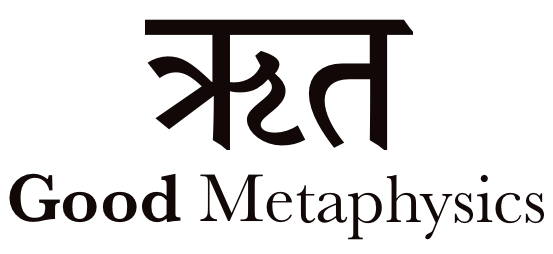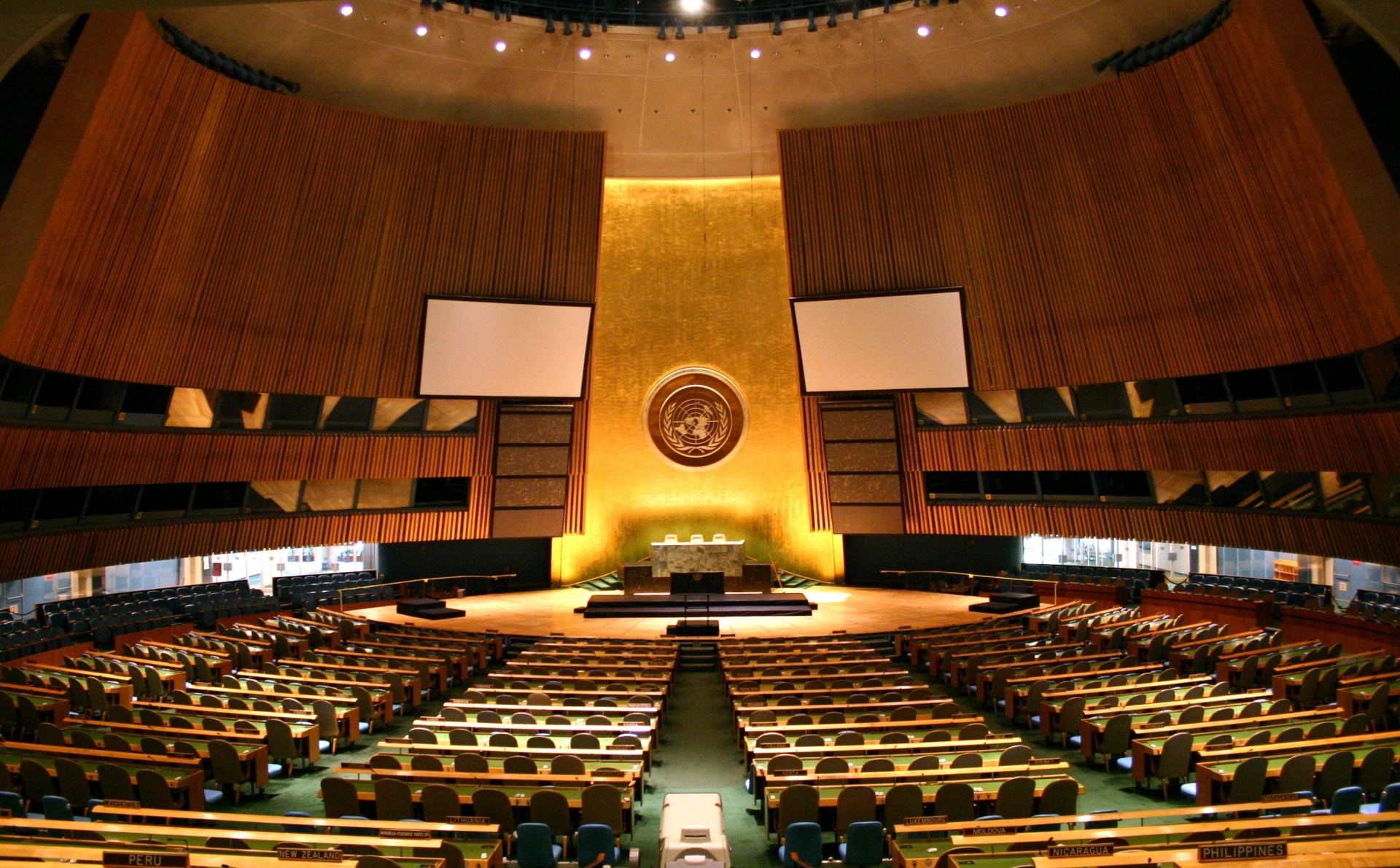Well some must exist, surely? Nope. None. Not one. It's an uncomfortable truth but it's true. And the sooner we acknowledge this the better.
You could say that the articles of the declaration of Human Rights that all nations have agreed on, demonstrate that they do exist. But at a pragmatic level - words are so very easy to weasel out of. One country or culture says one thing, while another culture says and means something completely different. Who's to say something just isn't lost in translation? And unsurprisngly that's the exact problem continually facing the organisation put in place to implement Human Rights.
But beyond the written words of Human Rights that have been translated into hundreds of languages - there's no way to logically say something is a right for all people, and something else, is not.
Of course we can identify the main culprit here as our metaphysics. We have a metaphysics which fails to acknolwedge the importance of values and morality. There's historical reasons for this but this is the situation we find outselves in - in the 21st Century. This makes world governing bodies such as the United Nations often impotent in finding agreement amongst nations about what's right and wrong and what a violation is and is not. And this isn't a problem that's going to go away. In fact - it's only going to continue and become more and more apparent until we start to use a language and logic which transcends cultures and helps to shine a light on the right, and moral, path forward.
Luckily the Metaphysics of Quality beautifully provides just such a path and language. It's an elegant, logical, philosophical framework within which we can make such judgements across all cultures and languages and say (generally speaking) whether something is moral or not.
This is the what Robert Pirsig lays out in Lila where he writes:
There is no such thing as 'human rights.' There is no such thing as moral reasonableness. There are subjects and objects and nothing else.
This soup of sentiments about logically non-existent entities can be straightened out by the Metaphysics of Quality. It says that what is meant by 'human rights' is usually the moral code of intellect vs. society, the moral right of intellect to be free of social control. Freedom of speech; freedom of assembly, of travel; trial by jury; habeas corpus; government by consent - these 'human rights' are all intellect-vs.-society issues. According to the Metaphysics of Quality these 'human rights' have not just a sentimental basis, but a rational, metaphysical basis. They are essential to the evolution of a higher level of life from a lower level of life. They are for real.
Robert Pirsig - Lila
It's really very hard to understate the size of these words so I'll repeat them. There's no such thing as moral reasonableness or human rights. There's subjects and objects and nothing else (See The Story for why).
But sadly until very recently the unique insight and beauty of the Metaphysics of Quality in solving this particular problem of Human Rights has been largely ignored by the academic community.
Of course that was until a recent graduate - Matthew Lafontaine wrote a masters thesis called - 'Human Rights as the Safeguard of the Intellect Against Society'. It lays out a very thorough and concise explanation of just how the Metaphysics Of Quality provides a far superior foundation for Human Rights than our current understanding and metaphysics.
It has been posted online and if you're intellectually inclined - I recommend giving it a read here.
This is a great paper by Matthew and I hope that one day the insights provided in it are recognised.
All going well - one day at the United Nations (or similar) it will use the Metaphysics of Quality as a foundational language of morality across all nations. From it they will be able to determine and easily talk about what countries are indeed being evil and immoral vs those that are not. Not from a he said / she said metaphysically unsound perspective, but one that has a logical and moral philosophical foundation which cannot be denied.








